In Haydn Hubbard's captivating novel, The King's Queen, readers are thrust into a world where love is both a weapon and a curse, and where the line between power and vulnerability is perilously thin. The story revolves around Verosa, a young woman burdened by the weight of her destiny as a Cursed individual, and her arranged marriage that promises peace for her kingdom but offers her little in terms of personal freedom or happiness. Hubbard's narrative is rich with themes of sacrifice, empowerment, and the complexities of love, making it a compelling read for fans of fantasy and romance alike.
From the outset, Verosa's character is painted with a sense of desperation and determination. She embodies the struggle of many young women in literature who are faced with societal expectations and the constraints of duty. The quote from the blurb, “Love is the cruelest killer of all,” resonates deeply throughout the novel, serving as a reminder of the dangers that accompany emotional attachments. Verosa's journey is not just about escaping her arranged marriage; it is about discovering her own identity and the power that lies within her. This internal conflict is beautifully illustrated as she grapples with her feelings for Rowan, the notorious king of mercenaries who becomes both her mentor and her greatest challenge.
Rowan is a complex character, embodying the archetype of the tortured hero. His obsession with revenge adds layers to his personality, making him both a formidable ally and a potential threat. As Verosa trains under his guidance, their relationship evolves from one of necessity to a deeper connection that challenges both of their preconceived notions about love and loyalty. Hubbard skillfully navigates this dynamic, allowing readers to witness the transformation of both characters as they confront their pasts and the choices that have led them to each other.
The theme of power is intricately woven into the fabric of the story. Verosa's discovery of her long-dead magic serves as a metaphor for the untapped potential that lies within all of us, waiting to be unleashed. This magic is not just a tool for destruction; it represents the strength that comes from embracing one's true self. Hubbard's exploration of power dynamics—both personal and political—adds depth to the narrative, as Verosa learns that true strength often comes from vulnerability and the willingness to confront one's fears.
Hubbard's world-building is another standout aspect of The King's Queen. The author creates a vivid landscape filled with intrigue, danger, and a rich history that enhances the story's stakes. The palace, with its hidden secrets and powerful villains, serves as a backdrop for Verosa's journey, symbolizing the societal structures that seek to control her. The tension between the characters and the environment they inhabit is palpable, drawing readers into a world where every decision could lead to salvation or ruin.
Moreover, the pacing of the novel is expertly handled. Hubbard balances action with introspection, allowing readers to fully engage with the characters' emotional journeys. The stakes are consistently raised, keeping the reader invested in Verosa's quest for freedom and self-discovery. The plot twists are well-timed, adding an element of surprise that enhances the overall reading experience. Hubbard's writing style is both lyrical and accessible, making the novel a page-turner that is difficult to put down.
In terms of character development, Verosa's evolution is particularly noteworthy. She begins as a pawn in a game of politics, but as she trains with Rowan and uncovers her powers, she transforms into a formidable force in her own right. This growth is not without its challenges; Verosa must confront her fears and the consequences of her choices, making her journey relatable and inspiring. Readers will find themselves rooting for her as she navigates the treacherous waters of love, loyalty, and self-acceptance.
Hubbard's exploration of love is nuanced and multifaceted. The relationship between Verosa and Rowan is fraught with tension, underscored by their individual struggles and the external pressures they face. Their love story is not a simple romance; it is a complex interplay of trust, betrayal, and the desire for redemption. This depth adds a layer of realism to the narrative, making it resonate with readers who appreciate stories that reflect the intricacies of human relationships.
In comparison to other works in the genre, The King's Queen stands out for its emphasis on character-driven storytelling. While many fantasy novels focus heavily on world-building and action, Hubbard prioritizes the emotional journeys of her characters, creating a story that feels both intimate and grand in scope. Fans of authors like Sarah J. Maas or Jennifer L. Armentrout will find much to love in Hubbard's writing, as she deftly combines elements of romance, fantasy, and personal growth.
In conclusion, The King's Queen by Haydn Hubbard is a beautifully crafted tale that explores the complexities of love, power, and self-discovery. With its rich character development, intricate world-building, and thought-provoking themes, it is a novel that will resonate with readers long after they turn the final page. Hubbard's ability to weave a narrative that is both engaging and meaningful makes this book a must-read for anyone seeking a story that challenges the conventions of love and destiny.
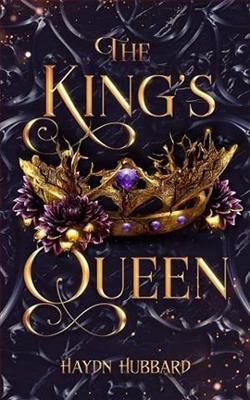



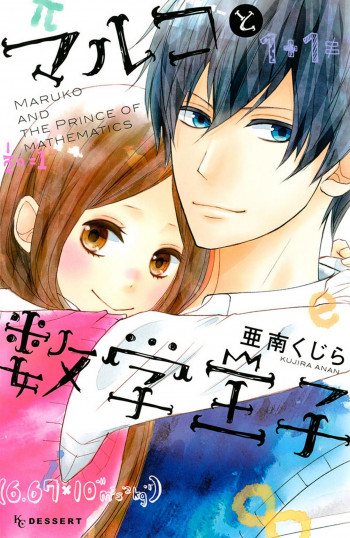

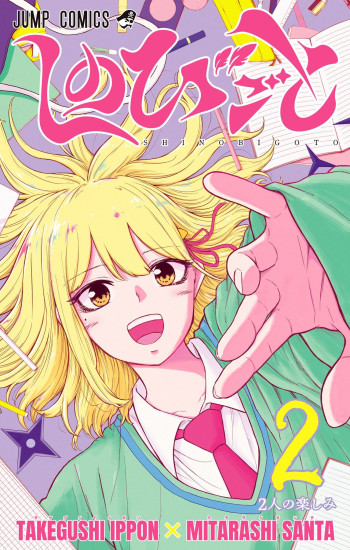
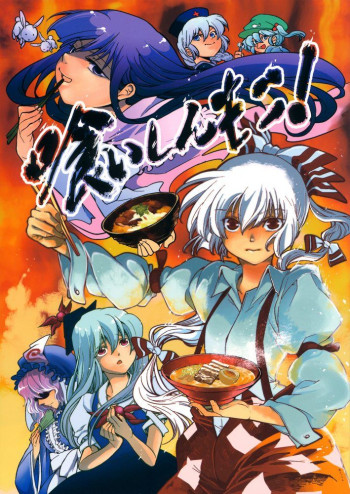




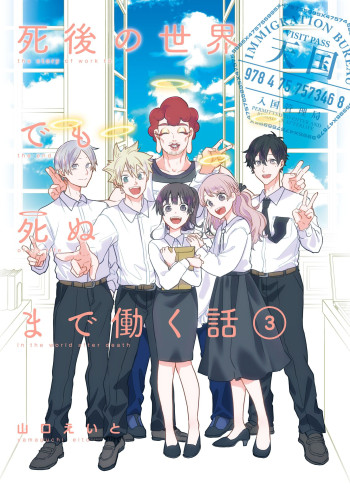
![God of Bath [Official]](/upload/pic/manga/god-of-bath--official-.jpg)










Reviews 0
Post a Reviews: